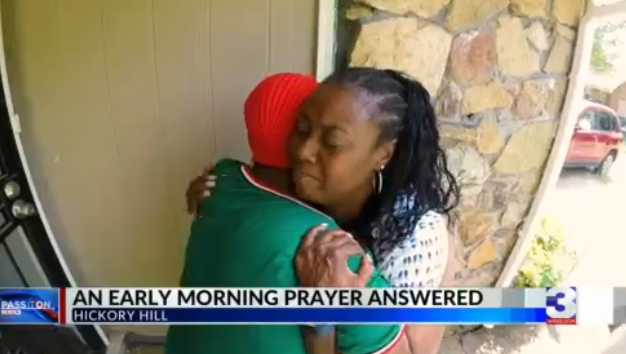Memphis, TENN. — From a renter with raccoons infesting her place, to a couple forced to fight eviction, despite their landlord rigging up power from another unit.
Those are just two recent stories WREG has covered about problem landlords.
Environmental Court Judge Patrick Dandridge said, “Filthy conditions, I mean you see it on the news, it’s almost every other day.”
Dandridge added, “No running water, no utilities, I mean, you see it!”
Before being appointed, then elected, Judge Dandridge was Deputy Director of Public Works, overseeing Code Enforcement.
He says one of the issues Code constantly runs into when trying to cite violators, is finding out who actually owns a property.
While land and tax records are publicly available, lots of landlords list company names or LLCs instead of a real person.
“We couldn’t give the proper notification to get them in court, we couldn’t get the proper notification to correct conditions and that was causing a major problem,” explained Dandridge.
A problem that could possibly be solved, some say, by requiring landlords to register.
It’s one of the major goals outlined by Memphis’ Blight Elimination Steering Committee, a group Dandridge was previously a part of.
“We understood and still understand that rental units and people living in those rental units can have some serious, serious code violations and issues, dangerous, hazardous conditions that need to be, you know, addressed,” said Judge Dandridge.
Public Works Director Robert Knecht says rental properties in Memphis are on the rise, and so too are problems in some cases.
“If you look at our Top 10 code violators some of them are tenant landlord properties.”
Knecht continued, “That makes us more concerned about the conditions that could exist without, you know that people might live in.”
Creating a rental property registry would require a City Council ordinance.
So, people like Knecht and the Blight Elimination Steering Committee have been working on a model to present.
Here’s how Knecht says it would work.
“First off, you`re going to have an application process, and then we`re going to look at the historical property history.”
Landlords would pay a fee, register their property and provide a contact person and address.
Knecht says they can’t simply use company names, LLCs or P.O. Boxes.
After a review of property history, Knecht says they’ll determine how to classify the landlord.
“If it’s been, there`s not been any problems with that reported, then you`re going to go into a group where we will say okay, you`re in this good landlord program.”
However, landlords with a pattern of problems will be put into another category, where requirements will be stiffer.
“If we do see, that there is a need to have pre-inspections then, we`ll do a pre-inspection, and make sure it meets the code and there`s no problem, before it can be leased.”
Knecht also says they want a component for landlords to notify tenants of their rights.
Memphis already has a registry for vacant properties, and this isn’t the first time it’s considered such an ordinance for rental units. Other cities like Nashville have had a landlord registry for years.
Bill Penn is the Assistant Director of Nashville’s Department of Codes and Building Safety.
He told WREG, “Because we have direct contact information, these owners are more apt to take action.”
Nashville’s Landlord Registration Program started 11 years ago, and Penn says he can’t imagine tackling today’s growth without it.
Landlords pay a $10 annual fee and list their properties and contact information. Property owners of multifamily units/apartment complexes are exempt.
“The most benefit has been with situations where you have rental units that are occupied where you`re having an ongoing problem. That has allowed us to be able to get those resolved a whole lot quicker than before,” explained Penn.
City leaders say this type of program has faced criticism in the past from the real estate community. Landlords who typically don’t have problems don’t want to be lumped into categories with repeat violators.
WREG spoke to some landlords and property managers who said they don’t want to face government red tape when renting a property. As it relates to so called, bad landlords, they said the city should use the existing laws to work harder to get violators into compliance.
However, Knecht says developing a registry in Memphis isn’t about punishing landlords or even oversight for that matter.
“I’d like to think of it as protecting public health and safety, these are conditions people live in.”
Knecht says they hope to have something presented to Council by the next fiscal year. He says they’re currently in the process of working on overhauling several policies within Code Enforcement.























